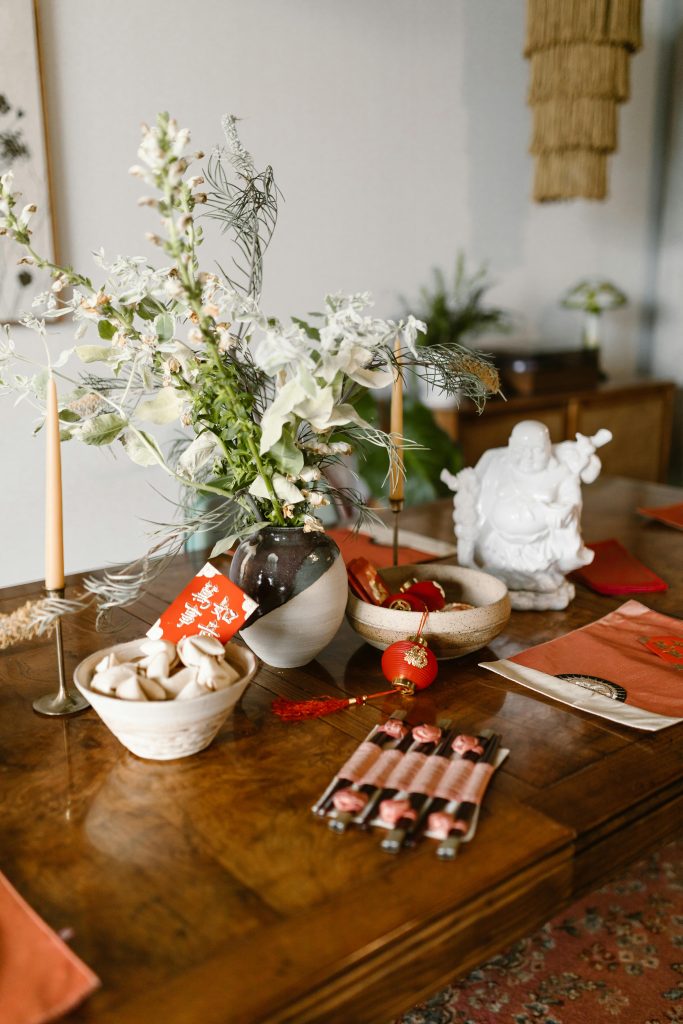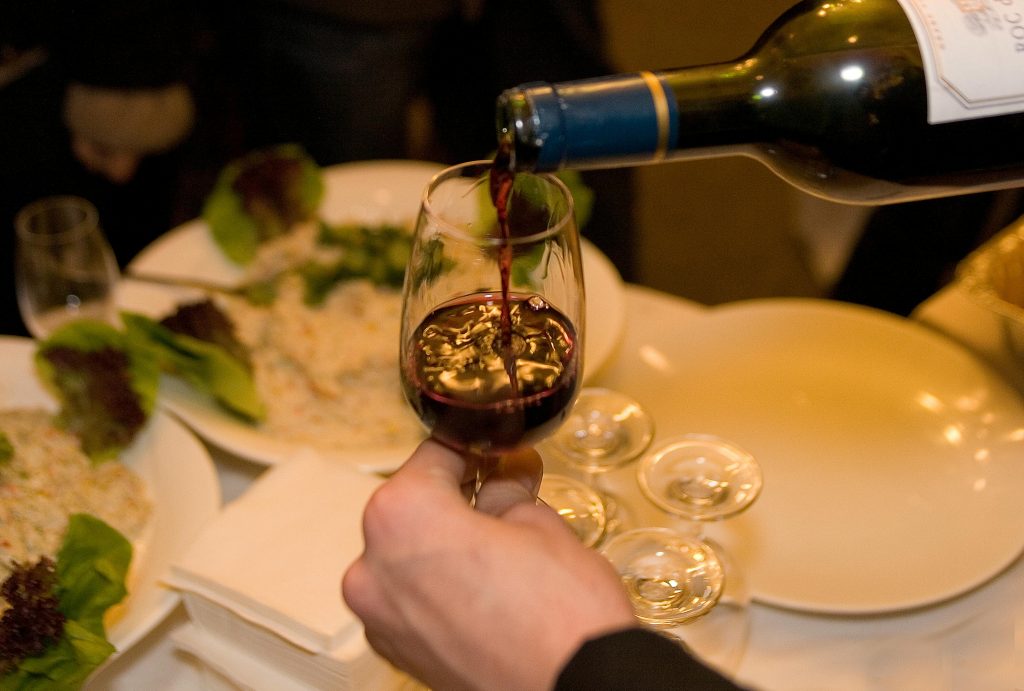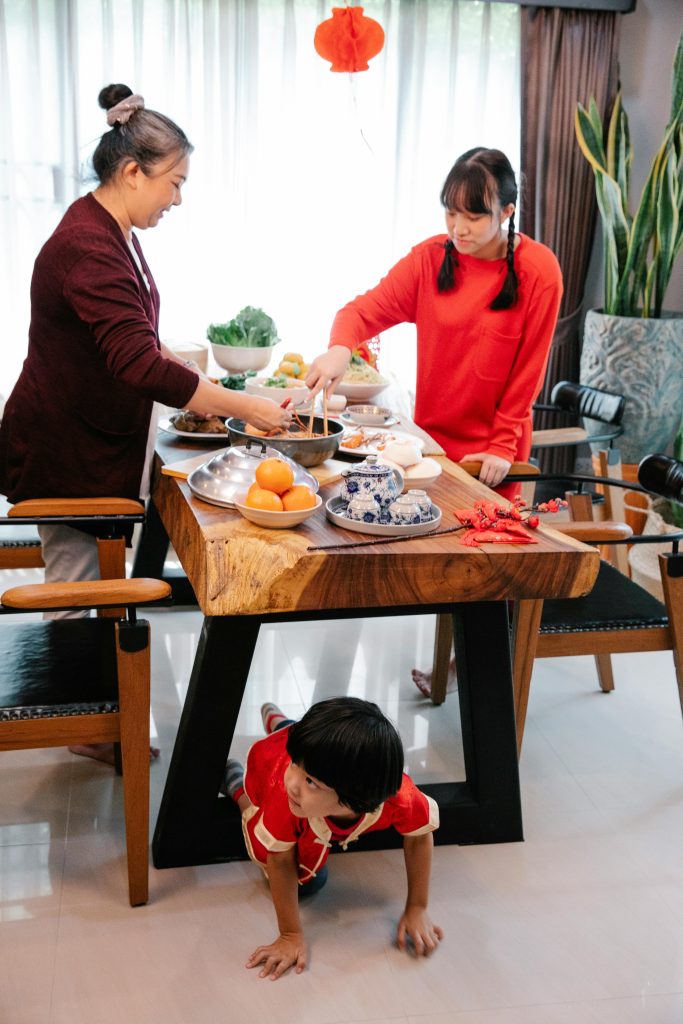
Chinese social gatherings can be lively, warm, and sometimes a bit formal. Picture this: a round table filled with friends or business associates, delicious dishes in the center, and plenty of laughter. At some point, someone will stand up to propose a toast. If you’re holding a glass of wine, you might wonder how to respond gracefully. Don’t worry—you’re not alone. Let’s explore the unspoken rules of presenting and toasting with wine in Chinese social settings, so you can enjoy every sip without feeling awkward.
I want to share a few tips I’ve picked up along the way. Whether you’re an expat heading to your first banquet in Shanghai or a wine enthusiast traveling through Beijing, these suggestions will help you avoid embarrassing blunders. By the time you finish reading, you’ll feel prepared to clink glasses like a pro.
1. Understanding the Importance of Etiquette
Face, Respect, and Harmony
In Chinese culture, etiquette isn’t just about knowing which fork to use (if you even get a fork!). It’s about showing respect, maintaining harmony, and giving “face” to your host or guest. “Face” refers to dignity and social standing. When you pay attention to small details, you let everyone know you respect their traditions. This consideration builds trust, whether you’re among close friends or potential business partners.
Wine as a Symbol of Status and Celebration
Traditionally, baijiu (a strong Chinese liquor) or beer often appears at banquets. However, wine has gained popularity over the past couple of decades. Many consider wine sophisticated and trendy, which makes it perfect for formal dinners. Presenting wine in the right way and toasting properly helps you blend that Western beverage with the deep-rooted customs of Chinese hospitality.

2. Choosing the Right Wine to Present
Know Your Audience
Before you even arrive, think about who you’ll meet. Are they wine connoisseurs or casual drinkers? Older or younger? More traditional or internationally minded? Each group might have different expectations. More experienced wine drinkers may appreciate a dry red, while those unfamiliar might prefer a sweeter style.
Gift-Giving Etiquette
If you’re bringing wine as a present, wrap it nicely or place it in a decorative bag. In Chinese culture, the presentation of the gift is almost as important as the gift itself. Hand it over with both hands and express that you hope they’ll enjoy it. This simple gesture shows thoughtfulness. If you want more tips on how to navigate gift-giving or awkward situations, check out Wine Etiquette: Navigating Social Situations with Confidence. You’ll find additional insights there.
Timing
If you’re the host, present your wine before the meal begins or right as your guests arrive. That way, the bottle has time to breathe, chill, or get decanted, if necessary. If you’re a guest, offer your wine upon arrival. Let the host decide when to open it—unless you agree beforehand that you’ll drink it together.
3. How to Serve Wine Appropriately
The Basics: Temperature and Glassware
Wine temperature makes a big difference in taste. If you’re dealing with a full-bodied red wine, serving it slightly below room temperature is best. For whites and rosés, go for a well-chilled bottle. When it comes to glassware, Chinese banquets might not always have specialized wine glasses. If standard water glasses are all you have, don’t sweat it. The important part is sharing a drink with good company.
Pouring for Others
Serving etiquette can vary. Often, the younger person or the host pours for elders or guests first. Use both hands if you can—a gesture that shows respect. Keep an eye on others’ glasses. Never let your boss or an older relative’s glass go completely empty. At large gatherings, wait for a natural pause in conversation to refill. You can also politely ask, “May I top you up?”

4. Toasting Etiquette: The Heart of the Celebration
Toasting in Chinese gatherings isn’t just a quick “cheers.” It’s a form of social glue that can strengthen connections.
Standing or Sitting?
In many formal settings, people stand when offering a toast. If someone more senior or of higher status stands to toast you, you should definitely stand too. If the setting is casual—maybe a small family dinner—then a seated toast might be okay. Follow the lead of your host. When in doubt, stand up.
Clinking Glasses
Here’s a classic tip: If you’re clinking glasses with someone older or someone you want to show respect to, aim your glass lower than theirs. This is a subtle but meaningful way to acknowledge their status or seniority. If someone tries to go even lower, you might notice a friendly battle of lowering glasses. It can be humorous, but it demonstrates who respects whom more.
The Art of Gān Bēi (干杯)
“Gān Bēi” literally means “dry cup.” It’s similar to saying “bottoms up.” When someone says “gān bēi,” the expectation might be that you finish your drink, especially if it’s a small serving of baijiu. With wine, you can take a generous sip if finishing it feels like too much. Gauge the situation. If others are emptying their glasses, you might join in for the sake of unity.
Offering Toasts in Rounds
It’s common for each person at the table to propose a toast at some point, especially at celebratory banquets. When it’s your turn, stand, say a few heartfelt words, and raise your glass. A sincere compliment or gratitude often goes a long way. Keep it short. This isn’t a wedding speech, so a few sentences will do.
Quick Reference Table: Essential Chinese Toasting Terms
| Term | Pinyin | Meaning / Usage |
|---|---|---|
| 干杯 | Gān bēi | “Dry cup!” (Similar to “Cheers!” but often implies finishing the drink) |
| 敬酒 | Jìng jiǔ | “To offer a toast,” typically out of respect |
| 谢谢 | Xièxiè | “Thank you,” often included in a toast to show gratitude |
| 请 | Qǐng | “Please,” can invite someone to start drinking |
| 随意 | Suí yì | “As you please,” implies you can drink at your own pace |
Feel free to memorize a few of these terms. You’ll impress locals if you sprinkle them into your toasts.
5. Handling Mishaps and Awkward Moments
Spilling Wine
Accidents happen, especially in crowded banquet halls. If you spill wine, don’t panic. Apologize sincerely and do what you can to help clean up. Keep calm. Making a big scene can cause more discomfort. For more advice on dealing with spills or other minor emergencies, you can visit Essential Wine Etiquette: What to Do When Spills Happen. That resource has quick tips to help you stay composed.
Turning Down a Toast
What if you don’t drink alcohol? You might feel pressured in a toast-heavy environment. It’s okay to politely decline. You can explain you don’t drink or simply raise a non-alcoholic beverage instead. Offer a smile and an apology. Most hosts will respect your choice. If they insist, try a small sip or politely reiterate your position. Remember, it’s about showing sincerity. People appreciate direct yet respectful communication.
Over-enthusiastic Drinkers
Sometimes you’ll meet someone who insists on multiple “gān bēi” rounds in a row. This person might want to test your limits. You can gently suggest “suí yì” (drink at your own pace). If it becomes excessive, discreetly switch to water or a lower-alcohol option. Maintaining balance is crucial. Getting too tipsy isn’t great for conversation or your professional reputation.

6. Cultural Nuances Worth Noting
North vs. South
You might notice regional differences. In Northern China, alcoholic drinks like baijiu sometimes dominate. Toasts can feel more frequent and robust. In Southern regions like Guangdong, the atmosphere may be a bit gentler, and people might prefer tea or lighter alcoholic options. Stay adaptable. Observing how others behave can guide you in real-time.
Business vs. Family Gatherings
Corporate events tend to have more structured toast sequences. Family dinners are often warm and informal. At a business dinner, the host or the highest-ranking person usually toasts first. At home, a senior family member—like a grandparent—may initiate the first toast or say a blessing. Understanding the context will help you decide how formal you should be.
7. Making a Good Impression
Offer to Toast Key Individuals
If you’re attending a dinner with your boss or a high-ranking official, consider offering them a personal toast. Stand up, introduce yourself (if necessary), and express gratitude or well-wishes. Keep it genuine and concise. They’ll appreciate the gesture, and you’ll strengthen the relationship.
Don’t Overdo It
Being enthusiastic is great. Being over-the-top might come across as insincere or showy. Find the balance. Offer genuine toasts, but also let others have their moment. Listen attentively when someone else speaks, and raise your glass with respect.
Practice Your Pronunciation
A little effort goes a long way. If you can pronounce “gān bēi” and “xièxiè” correctly, people will notice. It shows you care enough to learn their language. Even if you make a small mistake, your willingness to try usually earns you points.
8. After the Toast: Follow-Up Etiquette
Complimentary Words
Sometimes, after clinking glasses, someone might give a compliment, like “Your Chinese is excellent!” or “Thank you for the wonderful wine!” Respond modestly. It’s common to deflect compliments slightly, saying something like, “I still have much to learn.” This humility resonates in Chinese culture.
Return the Favor
If someone toasts you specifically, consider reciprocating later. Perhaps you say, “Thank you for your kind words earlier. I’d like to toast you as well for being an amazing host.” This acknowledgment closes the circle of respect.
9. Final Thoughts on Presenting and Toasting with Wine
Participating in Chinese social settings can be a blast. There’s amazing food, lively conversation, and a sense of togetherness. Wine adds another layer of connection. Present it thoughtfully, toast with respect, and engage genuinely. Over time, you’ll find your own comfortable style.
Don’t worry if you’re not perfect on your first try. The most important thing is sincerity and willingness to embrace the local culture. People usually welcome your efforts, even if you make small mistakes along the way.
If you need more general wine etiquette tips, The Little Cellar Wine Company has you covered. Their blog is filled with helpful articles to guide you through everything from picking the right glass to handling spills. Read a few posts, and you’ll feel more confident in any wine-centric situation.
Drinking a glass of wine in China is more than just a casual thing. It’s a respectful nod to tradition, relationships, and celebration. When you blend good manners with a genuine heart, you’ll create warm memories and cherished friendships. So remember these tips. Gān bēi!